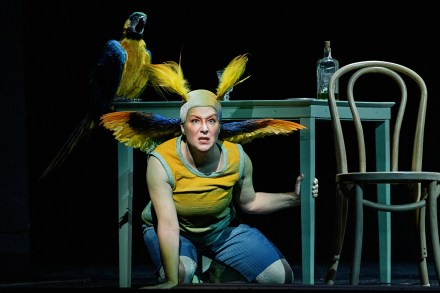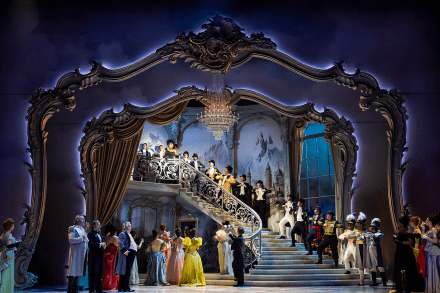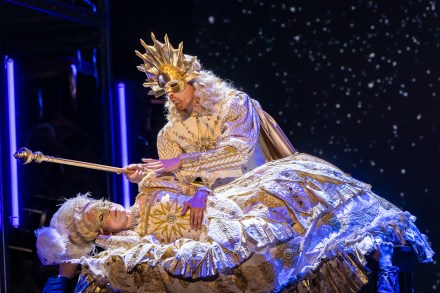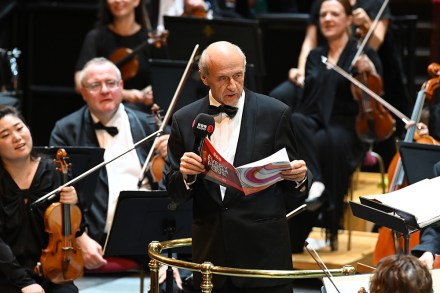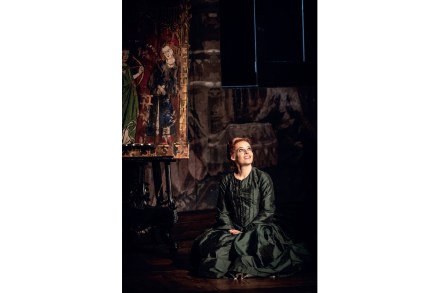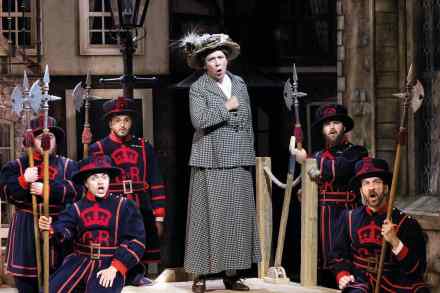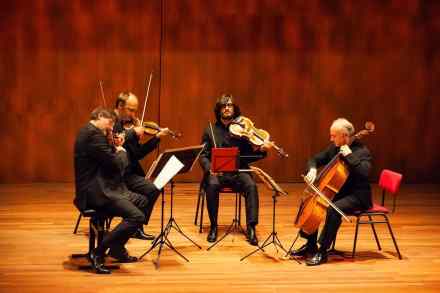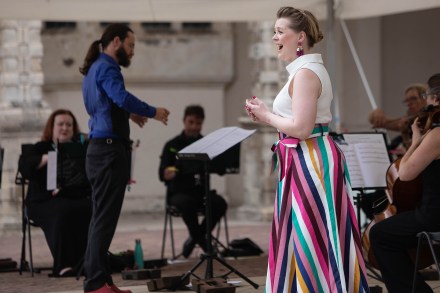Meet the king of comic opera
John Savournin has been busy. That comes with the territory for a classical singer – things often get a little hectic as the music world barrels towards Christmas. But with Savournin, it’s sometimes hard to keep track of which theatre – which city – he’s in on any given night. ‘This week has been Pirates of Penzance rehearsals at English National Opera,’ he says: we’re a fortnight away from opening night, and he’s playing the Pirate King. ‘On Thursday I was bobbing up to the Lowry in Salford for Ruddigore with Opera North.’ He’s been swirling his cape as Sir Despard Murgatroyd since late October. ‘And yeah – whenever I


